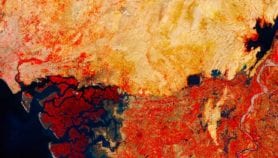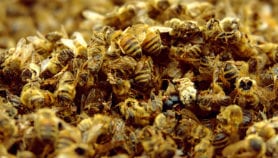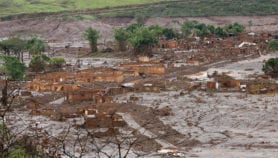Send to a friend
The details you provide on this page will not be used to send unsolicited email, and will not be sold to a 3rd party. See privacy policy.
Haiti and the Dominican Republic are among the areas set to be hit by fiercer Atlantic hurricanes this century, researchers have predicted.
The western Atlantic will experience fewer hurricanes overall, the scientists, writing today (22 January) in Science, say, but those that do occur, above a line 20 degrees north, are likely to be stronger and more destructive.
Recent models of the effect of climate change on hurricanes have suggested they will reduce in frequency. But the models have not been able to reproduce those of category three, or higher, strength. Climate change models have been too fuzzy to reproduce hurricanes, and models used to track hurricane movement cannot simulate global warming.
Now scientists from the US National Oceanic and Atmospheric Administration have managed to increase the resolution of their hurricane models using projected climate conditions from the end of the twenty-first century. They were able to simulate which storms would develop into the more serious categories three, four and five storms.
Category four and five storms will double in frequency by the end of the century and even stronger storms — where wind speeds reach more than 234 kilometres per hour — will more than triple, according to the model.
The effects will be felt in Haiti and the Dominican Republic, the Bahamas and up the northeastern American coast. Even though storms will in general decrease in number, hurricanes will cause more damage overall because each category rise equates to double the damage.
But researchers say that this is not the final word on the issue. "As ever, researchers are looking for yet more computer power and higher resolution to boost the realism of simulations."













